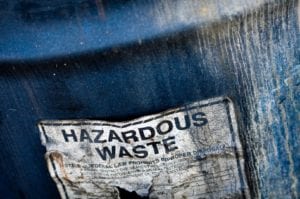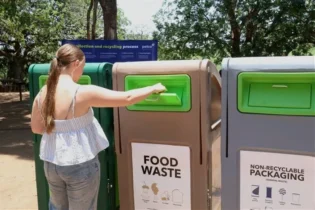On 5 April 2019, the Minister of Environmental Affairs gave notice of her intention to require any person who lawfully conducted a hazardous waste management activity on 1 July 2009, when the National Environmental Management: Waste Act, 2008 (Waste Act) came into force, to apply for a waste management licence (WML).
By Paula-Ann Novotny, associate, Webber Wentzel In terms of the Notice, lawful users are required to apply for a WML within a period of one year after publication of the final Notice. The notice correctly records that the regulation of hazardous waste activities was fragmented before the Waste Act. As a result, the lawfulness of a number of waste management activities is often debatable. This creates challenges from a compliance and enforcement perspective, which the Minister would like to regularise.The intended outcomes of the notice are that:
- the holders of valid authorisations for hazardous waste activities pre- the Waste Act are granted one year to apply for a WML for the waste management activity
- hazardous waste management activities which commenced before 1 July 2009 without a valid authorisation must apply for a WML immediately, and the waste management activities which commenced after 1 July 2009 without a valid WML are regarded as illegal activities and should be rectified
- the notice will apply to all hazardous waste management activities, which include but are not limited to waste disposal, landfilling, recycling, reuse, treatment and recovery of waste.







